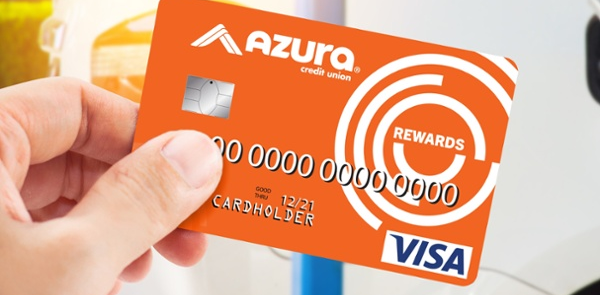Most people own at least one debit card and at least one credit card. They know they have them, but they may not know about all the differences that exist between using a credit card and a debit card.

Believe it or not, there are many. The most basic difference is the fact that each time you use a credit card, you’re borrowing money. A debit card, on the other hand, simply transfers your own money from your checking account to the vendor you’re paying.
When you use your credit card, your credit union is lending you money, which you’ll need to pay back along with interest. A debit card takes funds directly from your account similar to the way that checks do, only quicker. Some processing terminals will require a PIN and some will require signature.
Both credit and debit cards are convenient, quick and easy. They’re also safer than cash, because cash cannot be replaced if lost or stolen.
Which one should you use? The answer depends largely upon your lifestyle.
1. Budgeting
Credit cards allow you to buy now and pay later. Unfortunately, this can turn into a nightmare because of the obvious financial pitfalls in being able to purchase things you don’t have the money for now. If you think you’ll be tempted to overspend, regular credit card use may not be ideal for you.
However, it’s nearly impossible to incur thousands of dollars of debt through debit card usage. Most credit unions will cover purchases that put your account into the red, but only up to a few hundred dollars. If this happens, you’re accountable for your purchases and charged an overdraft fee.
2. Rewards
One major draw for credit cards is the points awarded for purchases. That’s a strong advantage over debit cards. The ability to earn airline miles and the lure of a possibly free flight are attractive to many consumers. Of course, you may be paying for those miles with a high interest rate or an annual fee.
Don’t get hooked on the points. Research each card carefully to make sure you’re really getting your money’s worth. Luckily, Azura offers a Rewards Credit Card with no annual fee and a competitive, low rate.
3. Credit History
Another important benefit to using a credit card is establishing or restoring a positive credit history. Debit card usage may encourage responsible spending, but a major factor in measuring your credit score is your credit card usage. Occasionally using a credit card and paying your bill on time can really improve your credit rating. This, in turn, improves the likelihood of earning favorable terms for home loans, auto loans, personal loans and more.
5. Annual Fees and Interest
A strong disadvantage of credit cards is the money you spend to keep them. Some cards charge an annual fee, and the interest on your credit card bill can easily be a third of your payment or more. If you’ve overspent one month and are unable to cover the entire amount due, you may need to pay only the minimum payment. More of your payment will soon be going toward interest than toward lowering your bill. This makes the next payment higher, and again you’ll be paying a significant portion toward interest. This is often how credit card debt spirals. Interest becomes a huge hurdle, making it nearly impossible for the consumer to make headway.
If you don’t think you will be able to pay your bills in a timely manner, keep credit card usage to a minimum.


